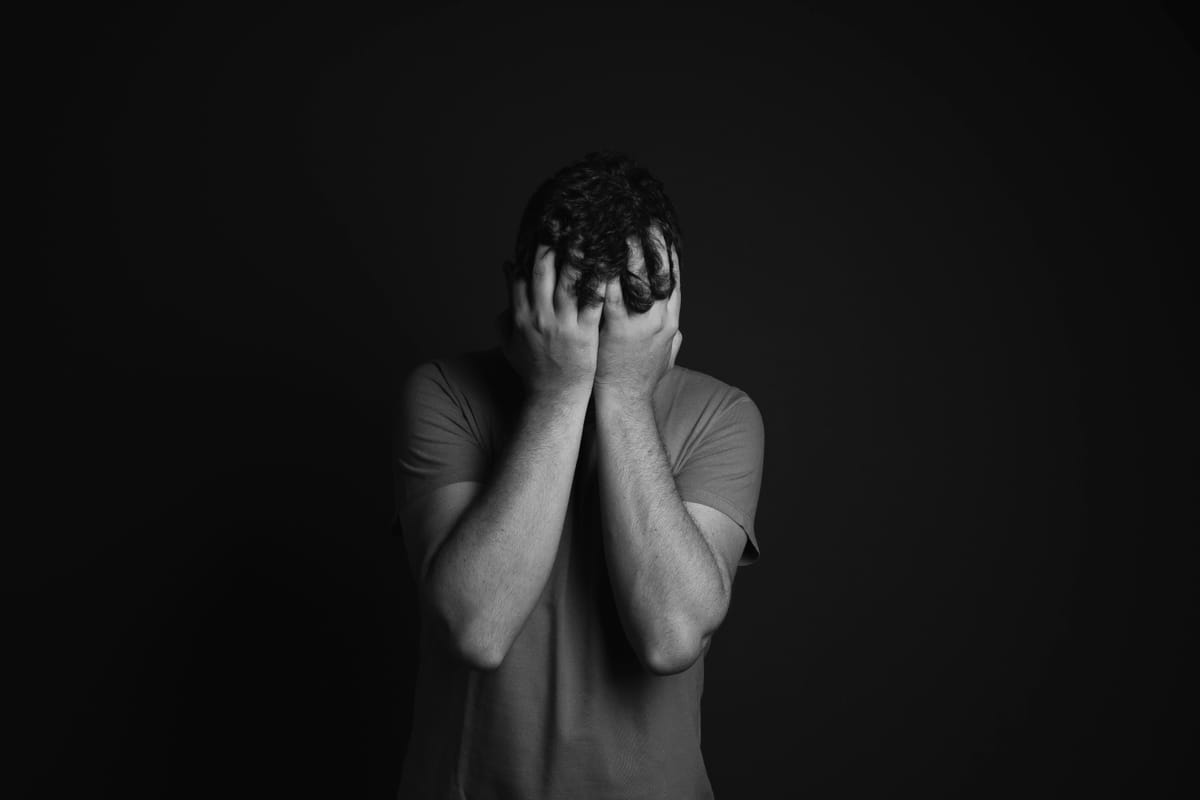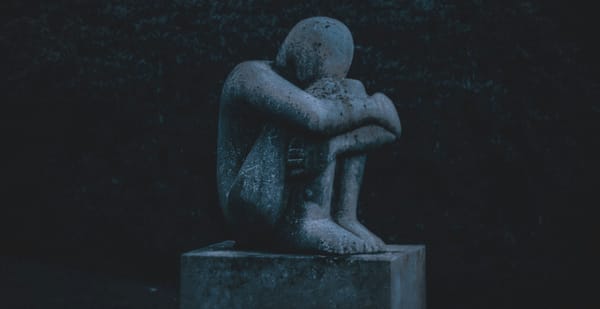Am I Depressed? Is Depression Genetic? How to Get Out of Depression?

A Complete Guide to Understanding Symptoms, Causes, and Recovery
Hey there! If you’ve found yourself searching for things like “am I depressed?”, “Is depression genetic?” or “How to get out of depression?” you’re definitely not alone.
Depression is a common and serious mood disorder that can affect anyone. Let's take a closer look at what it means.
What is Depression?
Contrary to popular belief, depression isn't just "feeling sad" or "going through a difficult time." It's a medical illness that affects your mood, body, and mind. While doctors often call it major depressive disorder (MDD), many people simply know it as depression.
Depression lasts much longer than sadness, and there are many other symptoms, such as seasonal depression. Without support, it can last for weeks, months, or even years. It can affect your thoughts, feelings, and your approach to daily life. In some cases, it can even lead to consequences like suicide.
According to the World Health Organization (WHO), more than 280 million people worldwide live with depression. This means that if you're struggling with depression, you're not alone.
Common Misconceptions About Depression
People with depression can sometimes feel misunderstood. They may think people are judging them. There are common misconceptions that contribute to this.
- "Depression is just sadness."
- "You can get over it."
- "Only adults get depressed."
These beliefs are simply not true.
Am I Depressed? Recognizing the Symptoms
Everyone feels down sometimes, but depression is different because it persists and affects daily life. These are some of the most common symptoms:
- Feeling sad, empty, or hopeless most of the time
- Loss of interest in hobbies or activities you used to enjoy
- Major changes in appetite or weight (eating too much or too little)
- Sleep problems, such as difficulty falling asl sleeping much more than usual
- Persistent fatigue, no matter how much rest you get
- Problems concentrating, focusing, or making decisions
- Feeling worthless, guilty, or like a burden
- Thoughts of death, self-harm, or suicide
Don’t wait to start feeling better. Get safe, accessible, and effective support with. Try it now.
If you are having thoughts of self-harm or suicide, please know that this is an emergency. Reach out to someone you trust, your local helpline, or professional help immediately. In the US, you can call 988 for the Suicide and Crisis Helpline. Please don't hesitate to reach out.

Is Depression Genetic? What causes depression?
One of the most common questions people ask is, "If my mom or dad had depression, does that mean I will too?"
Research shows that if a close family member (such as a parent or sibling) has depression, the risk is two to three times higher than for someone without a family history. However, genetics only explains part of the picture.
- Biological factors → Imbalances in brain chemicals such as serotonin and dopamine.
- Environment → Stressful events such as divorce, loss, financial difficulties, or abuse.
- Medical conditions → Chronic pain, thyroid disorders, or other illnesses can trigger depression.
- Personality traits → People who are overly self-critical or perfectionistic may be more vulnerable.
Many different factors can combine to shape each person's experience of depression.
For example:
Two siblings may share similar genes. One may become depressed after a painful breakup and job loss, while the other may never become depressed because they have strong social support and healthier coping mechanisms.
So, your genes may increase your risk, but your environment and life experiences also have a significant impact on whether depression develops.
What are the Types of Depression?
Not everyone experiences depression in the same way; there are different types. These are the most common types:
- Major Depressive Disorder (MDD): Severe symptoms lasting at least two weeks.
- Persistent Depressive Disorder (Dysthymia): Milder symptoms lasting two years or more.
- Seasonal Affective Disorder (SAD): Depression related to seasonal changes, often worse in winter.
- Postpartum Depression: Occurs after childbirth due to hormonal changes and stress.
- Bipolar Depression: Occurs during the depressive phases of bipolar disorder.
How to Overcome Depression?
Once you understand depression, you can start taking steps to feel better. Many people find relief through therapy, medication, lifestyle changes, and new daily habits.
- Therapy: Cognitive Behavioral Therapy (CBT) is one of the most effective approaches. It helps you fight negative thought patterns.
Aitherapy is also here to support you every step of the way. - Medications: Antidepressants (like SSRIs) can help balance brain chemistry. Always consult a doctor before starting.
- Support groups: Sharing your story with others who understand can help you feel less alone.
1.Establish Healthy Routines
First, maintain regular sleep and wake times. Second, make sure you're eating a balanced diet that includes adequate protein, vitamins, and omega-3 fatty acids, even if it feels difficult.
And avoid excessive alcohol or drugs, as they can worsen symptoms, even if you feel the opposite is true.
2.Move Your Body
You don't need a gym membership to exercise. Even a short walk outside, say 20 minutes, can help improve your mood.
3.Stay Connected
Even if you prefer to be alone, staying in touch with friends and family can help you feel supported and connected. Remember that Aitherapy is here for you.
4.Be Patient with Yourself
Healing takes time. You may not notice changes right away, but every little step counts.
Don't wait to start feeling better. Get safe, accessible, and effective support with AI Therapy. Try it now.





